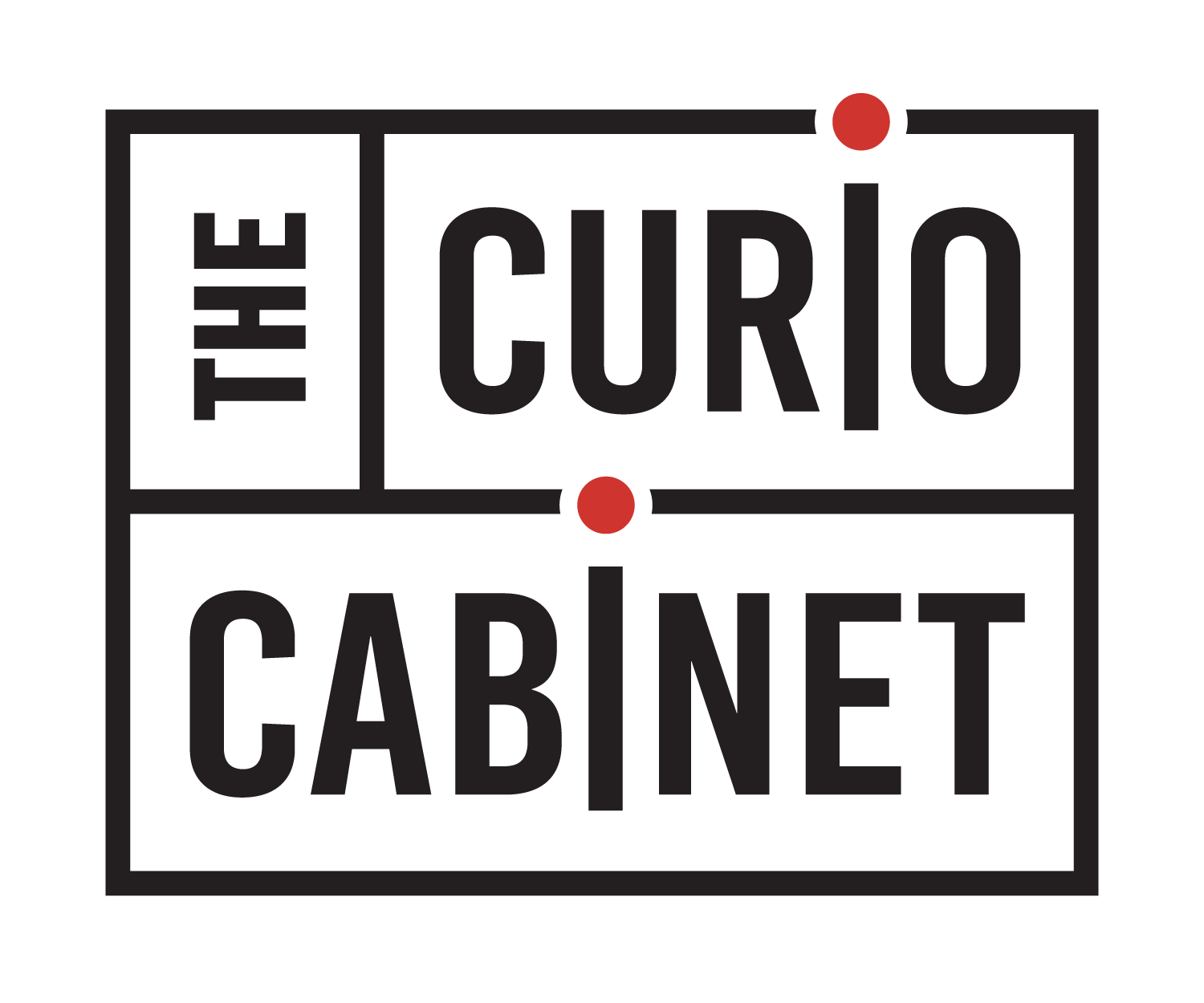
Dancing With the Shadows – Zaki Hamid and His Brand Puppet Theater
Born to an English mother and a Pakistani father, American Designer Zaki Hamid has an edge to him. Covered in tattoos and with his eyes mysteriously hidden by his hat, the aura Hamid exudes is one of confidence, darkness and elusiveness, making it no surprise that his brand, Puppet Theater shares similar characteristics.

Shrouded behind a cloud of mysteriousness, Puppet Theater could be anything. Hamid explained, “it’s designed to be ambiguous,” highlighting the playful tension between familiarity and absurdity in his work.
Hamid’s brand was born after he closed his infamously successful luxury men’s store, Steadbrook. The store was a menswear staple in Denver and was a venture that Hamid is proud of, sharing how painful it was to close the store after post-pandemic financial struggles. After the closure, he was haunted with a new idea to create his own brand, leading him to pursue the creation of Puppet Theater. The name of the brand pays homage to a lost local monument called “Denver Puppet Theater” that closed in 2020, symbolizing the cycle of endings and beginnings.
While presenting itself in a nebulous manner, there is a constant motif in Hamid’s work: Denver.
“Denver is an interesting place” Hamid said. “Being here and being part of this community is everything.” It is clear that the reason Puppet Theater exists is because Hamid is here. While paying respect to his home, Hamid acknowledged the darkness hidden behind the curtain. He cited local tragedies as context:
“Colorado, home to Columbine school shooting, Colorado home of JonBenet Ramsey, Colorado home of Suncor, one of the highest polluting zip codes in America.”
These “cartoonishly evil” things Hamid shared fuel the theatrical essence of Puppet Theater, serving as “a place to escape reality, a laugh-now-cry-later experience,” he said.
Located in Sakura Square, the interior of Puppet Theater is very minimalist, even empty to a certain extent. “I love how banal it is,” said Hamid. The space is shared with Flat Field Denim ran by Masaki, a master tailor, both areas working harmoniously. The open concept room is lined by racks showcasing Hamid’s “Act I” collection. The collection features 14 pieces with his signature eggshell blue intertwined throughout the work that embodies the essence of the brand.
The brand is “for anyone,” said Hamid, placing an emphasis on the push to be as size inclusive as possible by offering sizes XS – 2XL and bottoms in sizes 26 – 38. However, Hamid also realizes the goal is to “make clothes that speak to people.” Drawing from his own personal relationship to clothes, he hopes customers will resonate deeply with his pieces, developing the “feeling where you want to do your laundry sooner, and the second the laundry’s done, you’re pulling that shirt out right away.” He hopes these pieces will not end up forgotten in the dark corners of someone’s closet.


Hamid has been in the fashion industry for 15 years, first entering the scene as a young boy in Evergreen, Colorado.
“Fashion, I learned, was a superpower,” Hamid shared.
As a young brown boy, he quickly realized that dressing a certain way allowed him to be perceived differently. “There is a class that’s coded into all these styles of clothing,” Hamid said in a matter-of-fact way. His experiences allowed him to “understand the world more deeply.”
While it served as armor and camouflage, fashion eventually became a way for Hamid to express himself. “Fashion goes beyond the physical [body]” he said, noting how fashion is also an expression of the inner self. Fashion allows people of marginalized backgrounds to explore perception and identity. For some, clothes are the only way they can express themselves. Hamid laughs at the people who make statements such as “I hate fashion” because, regardless, the notion of getting dressed is something that all participate in. Some are just better at making statements than others.
Fashion “is the art form that you have to choose everyday.”
Hamid surrounds himself with art, books and other creative mediums. In the store, turning the corner down a hallway you encounter the most eclectic area of the space: the dressing room. The entryway and loveseat are covered with stuffed animals and the walls are filled with color and details, as a collaboration with Denver artist Julio Alejandro. This juxtaposition between the front of house and back of house of the store continues to place an emphasis on Puppet Theater’s indefinable nature, leaving customers curious to what they may encounter next.

In addition to designing, Hamid understands the realities of commercialization and what it means to be a brand that sells physical products. He intends to produce collections that are accessible and received with excitement and love, without sacrificing quality or intention. Puppet Theater will release one collection per month until the end of the year and will travel to Paris in January for the brand’s first wholesale offering.
Puppet Theater is a refuge and safe space for artists. Intended to serve as a hub for pop-ups, charity events, musical release parties and more, Hamid refuses to be defined by one thing. Instead, he invites all creatives to connect and collaborate, continuing the evolving narrative of Puppet Theater.
To keep up with Puppet Theaters’ latest releases follow them on Instagram at @puppet___theater or look behind the curtain at www.puppet-theater.com.

